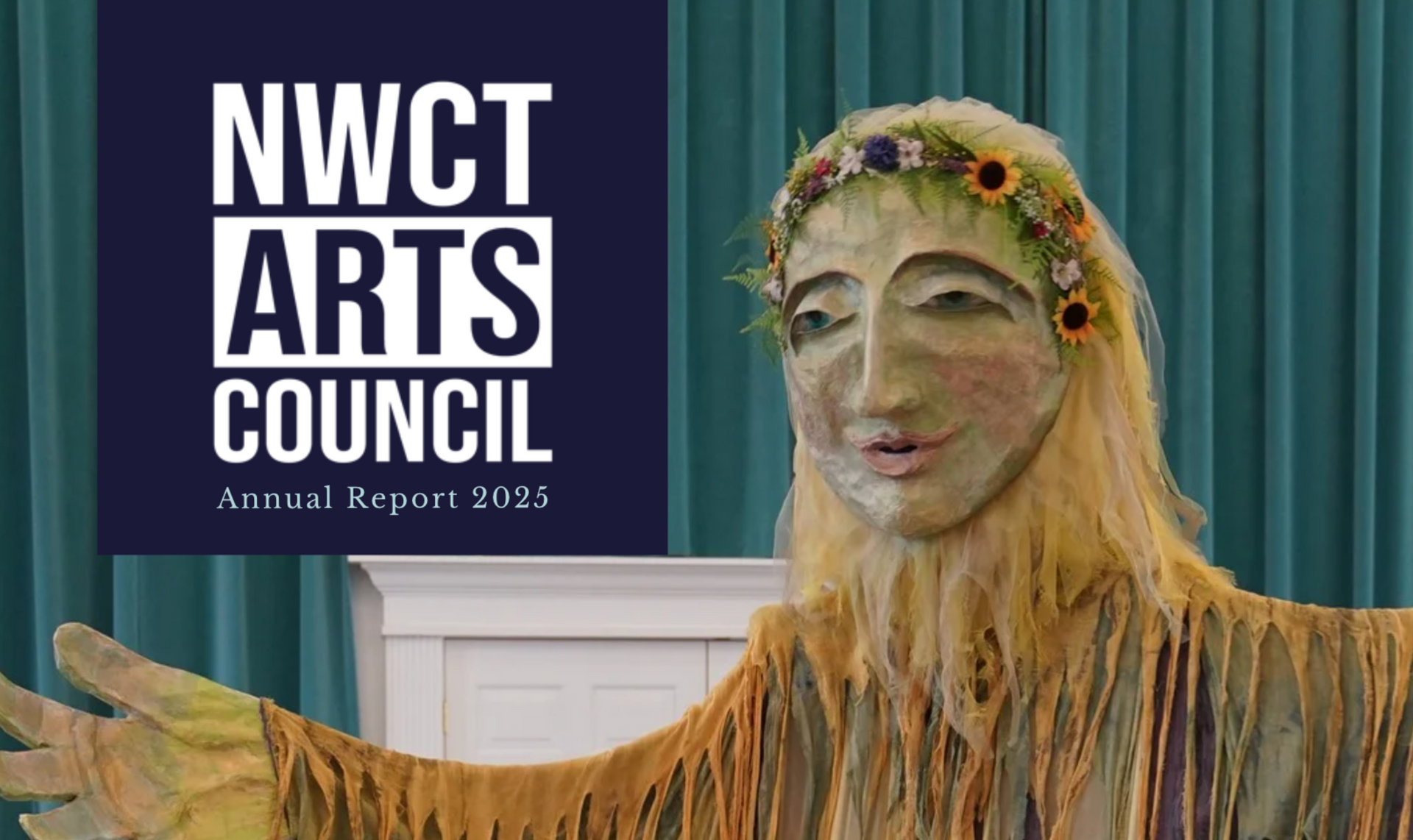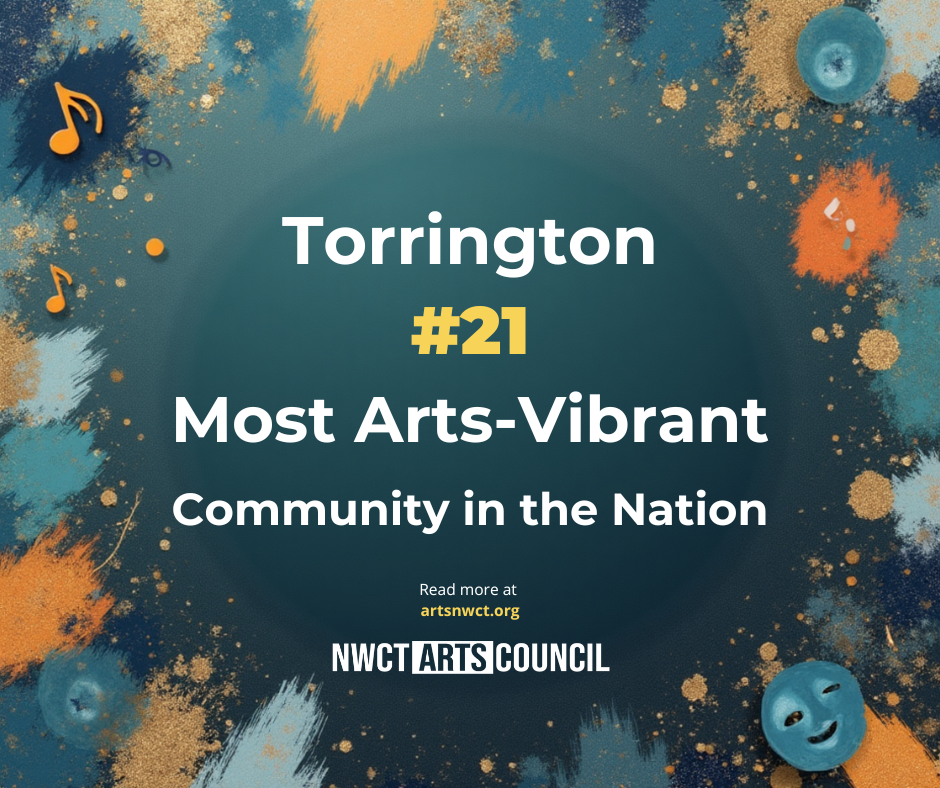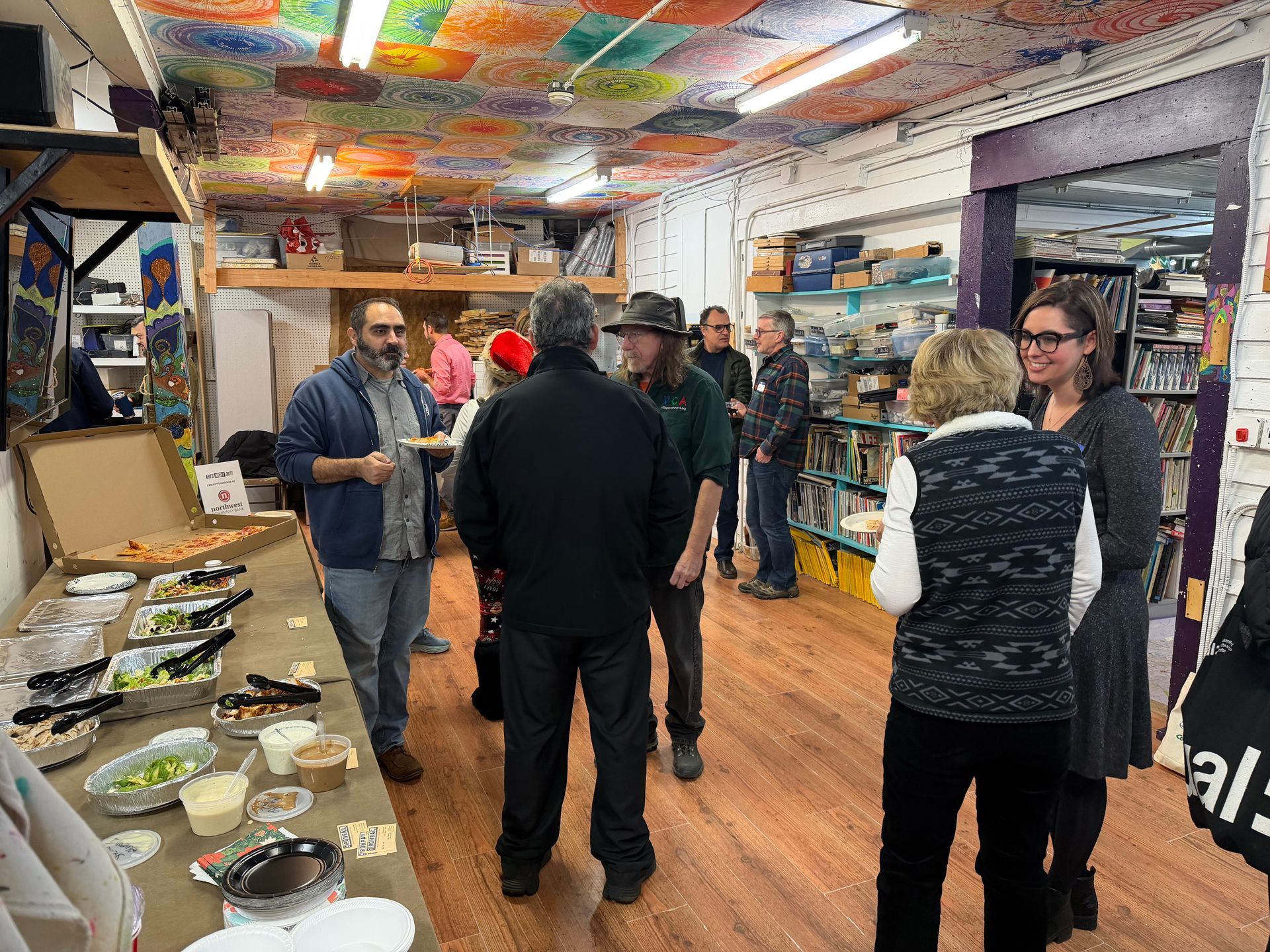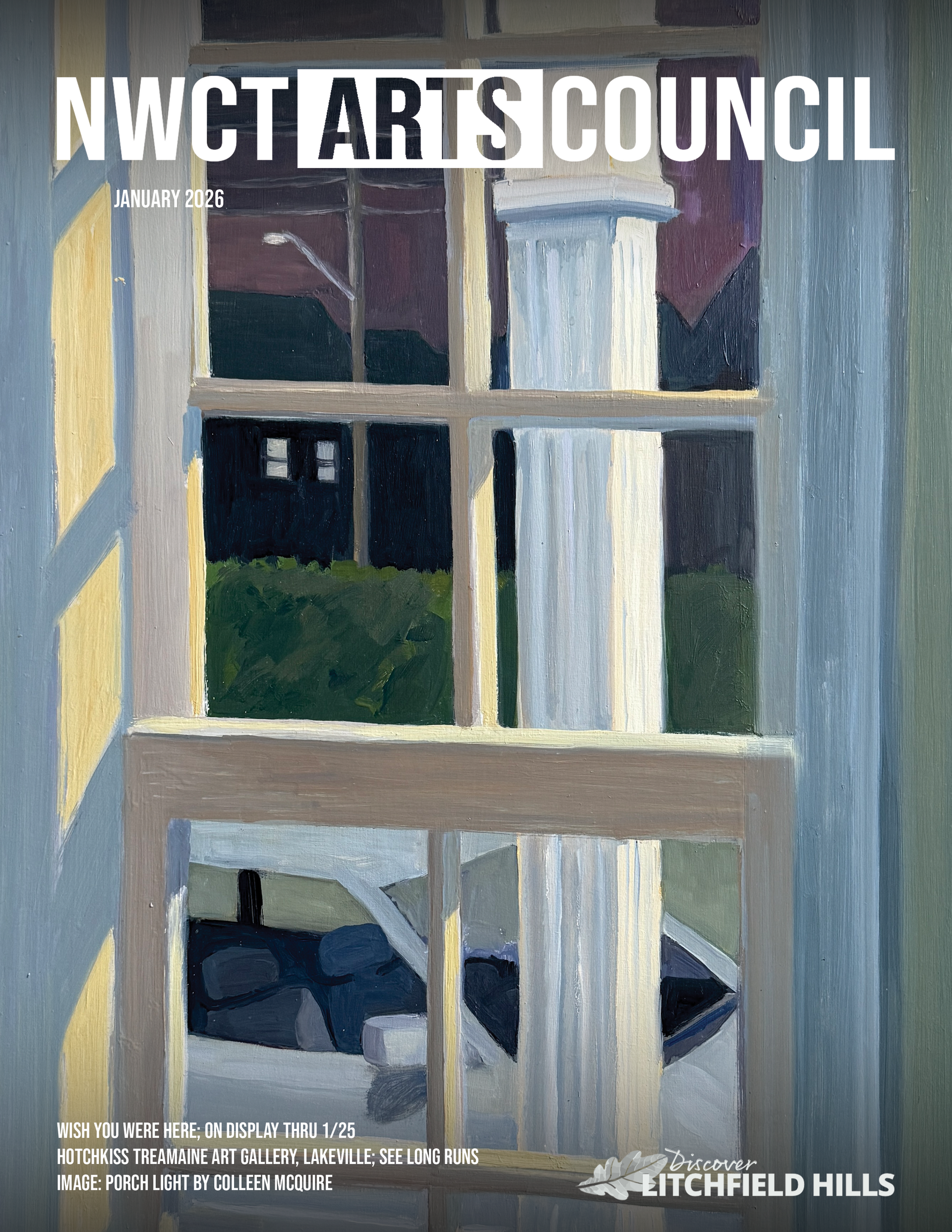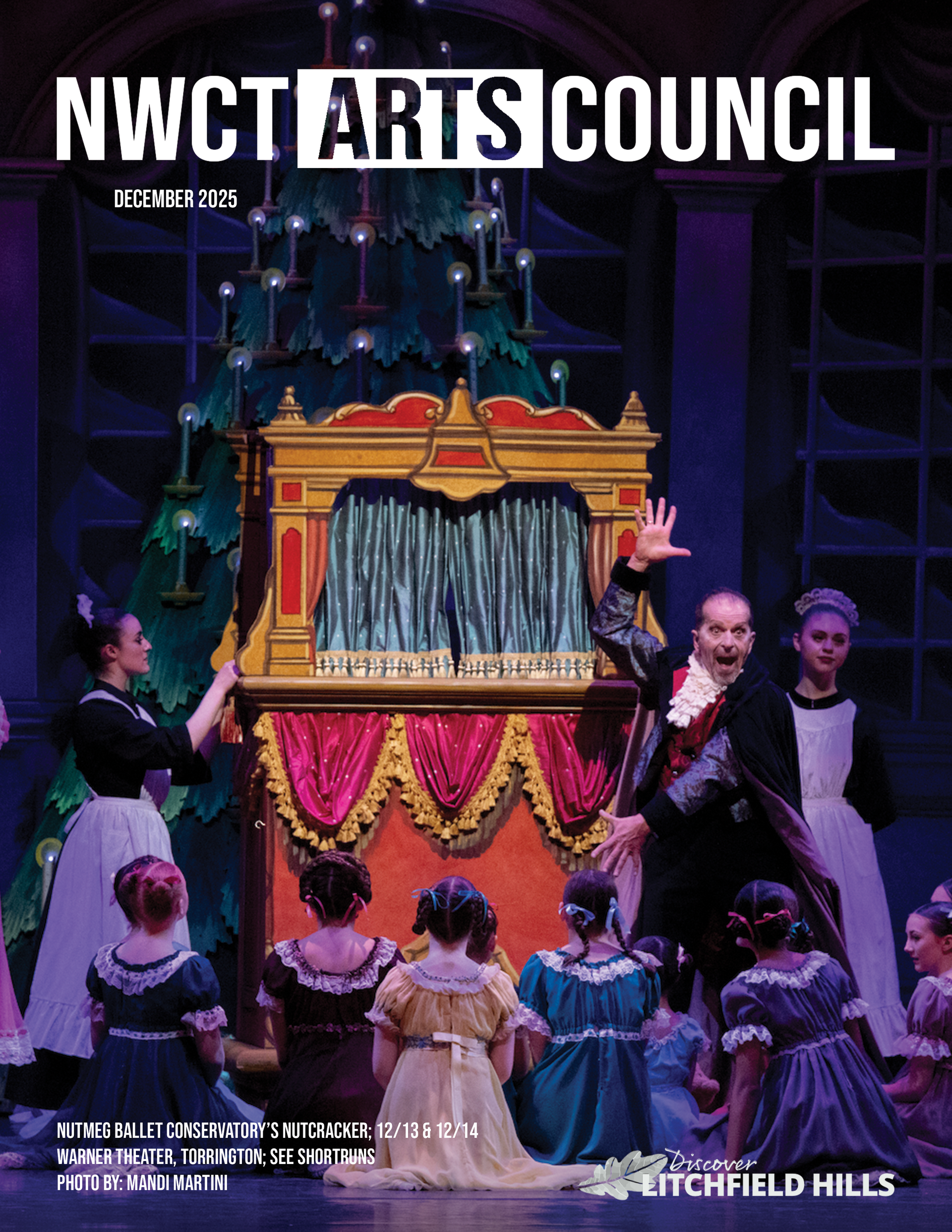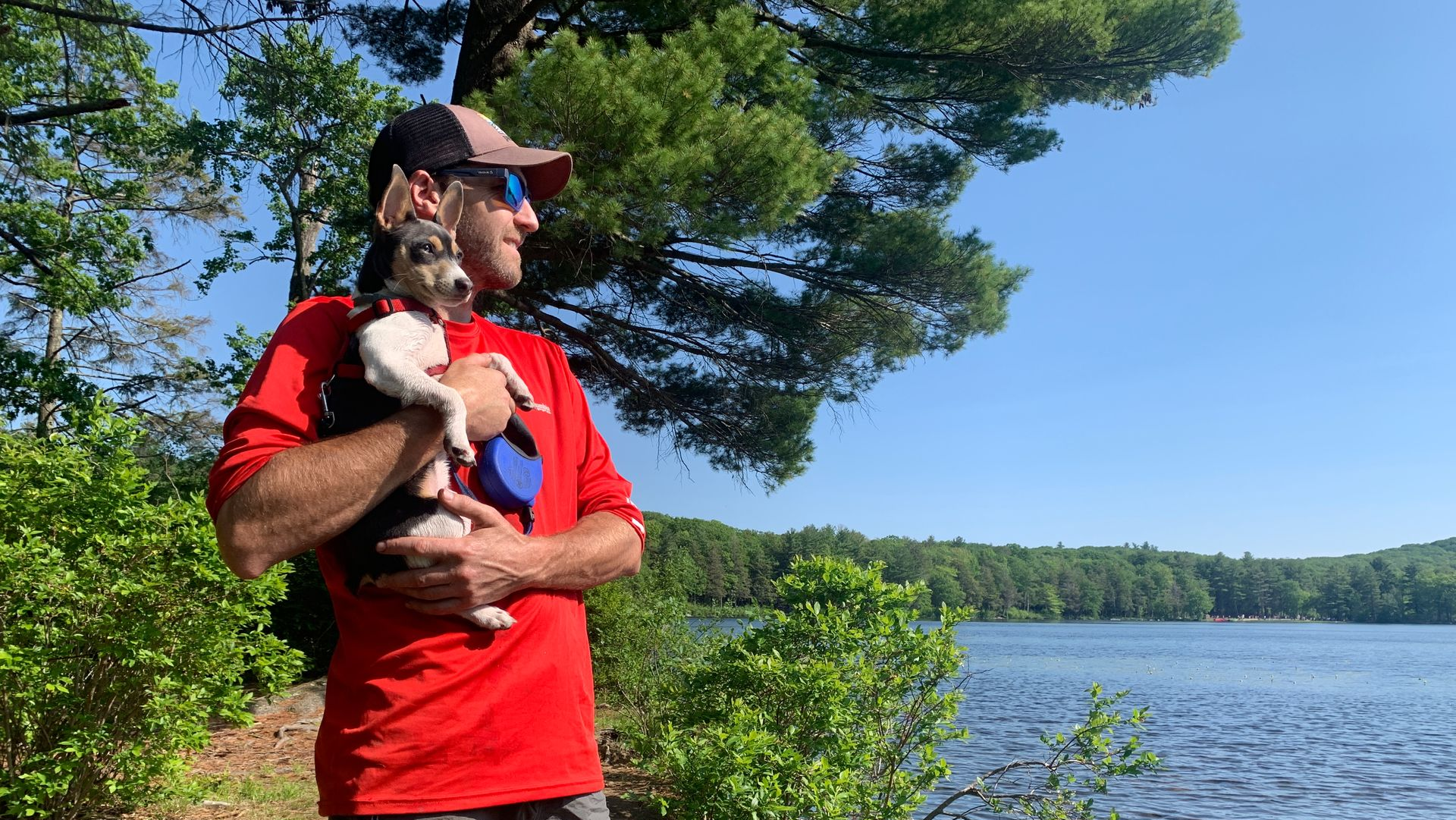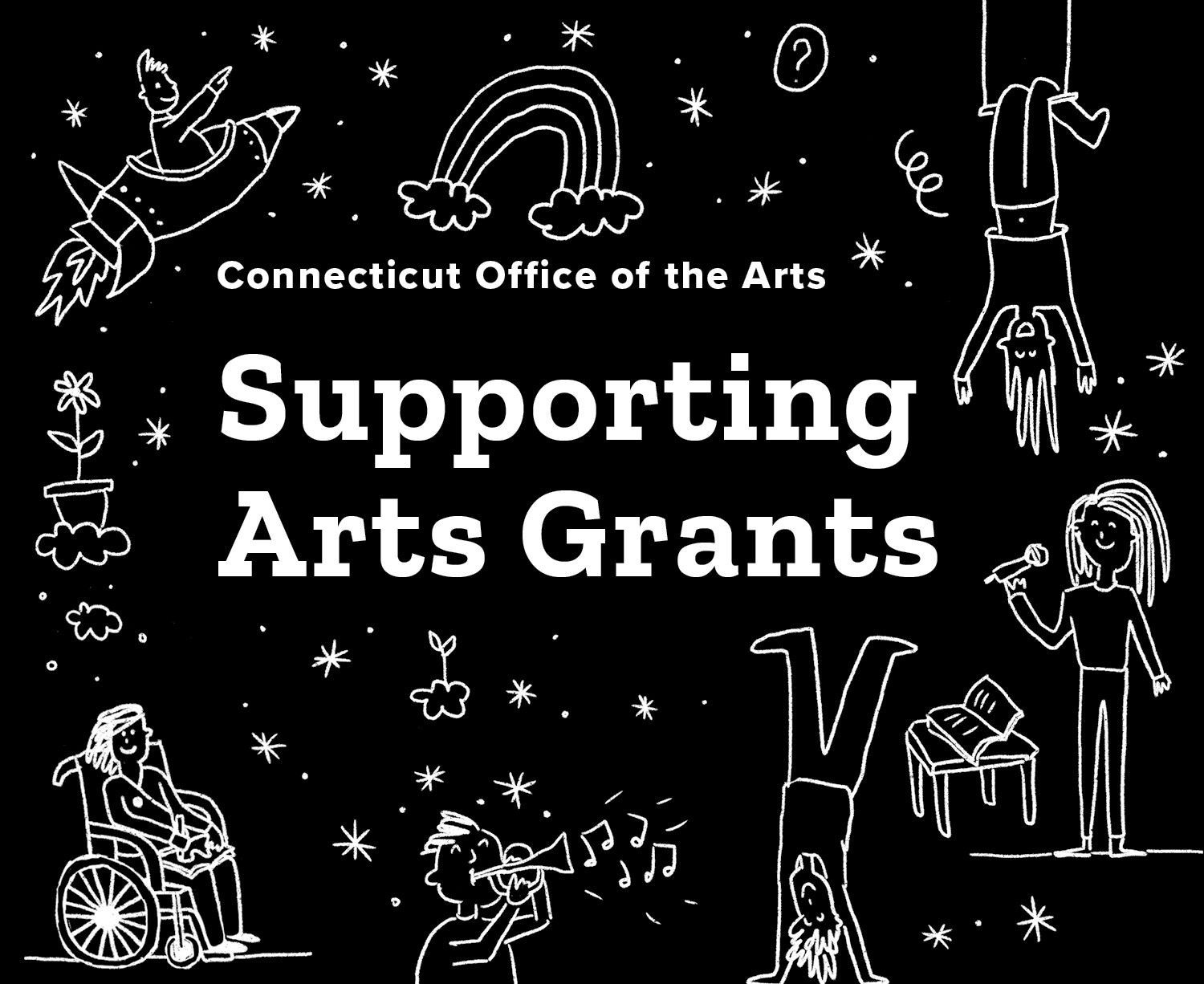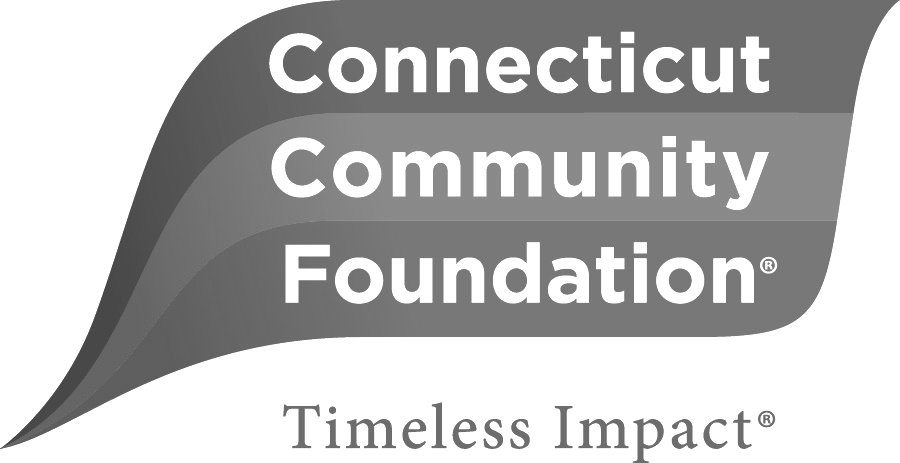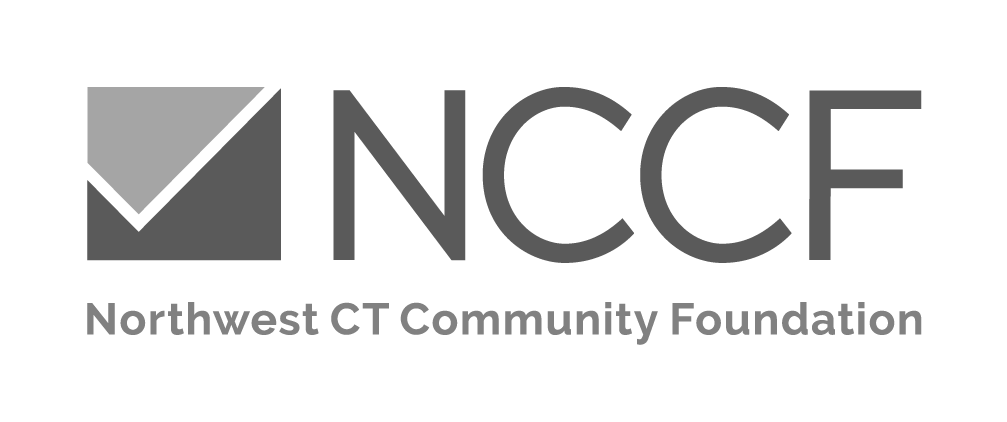Sowing Seeds at NWCT Libraries
If you visit the Norfolk Library or the Harwinton Public Library, you might notice that the card catalogs are no longer filled with information about books, but rather with packets on packets of vegetable and flower seeds.
Header image: seed packets from the Norfolk Library's seed library. Photo by Kelly Kandra Hughes.
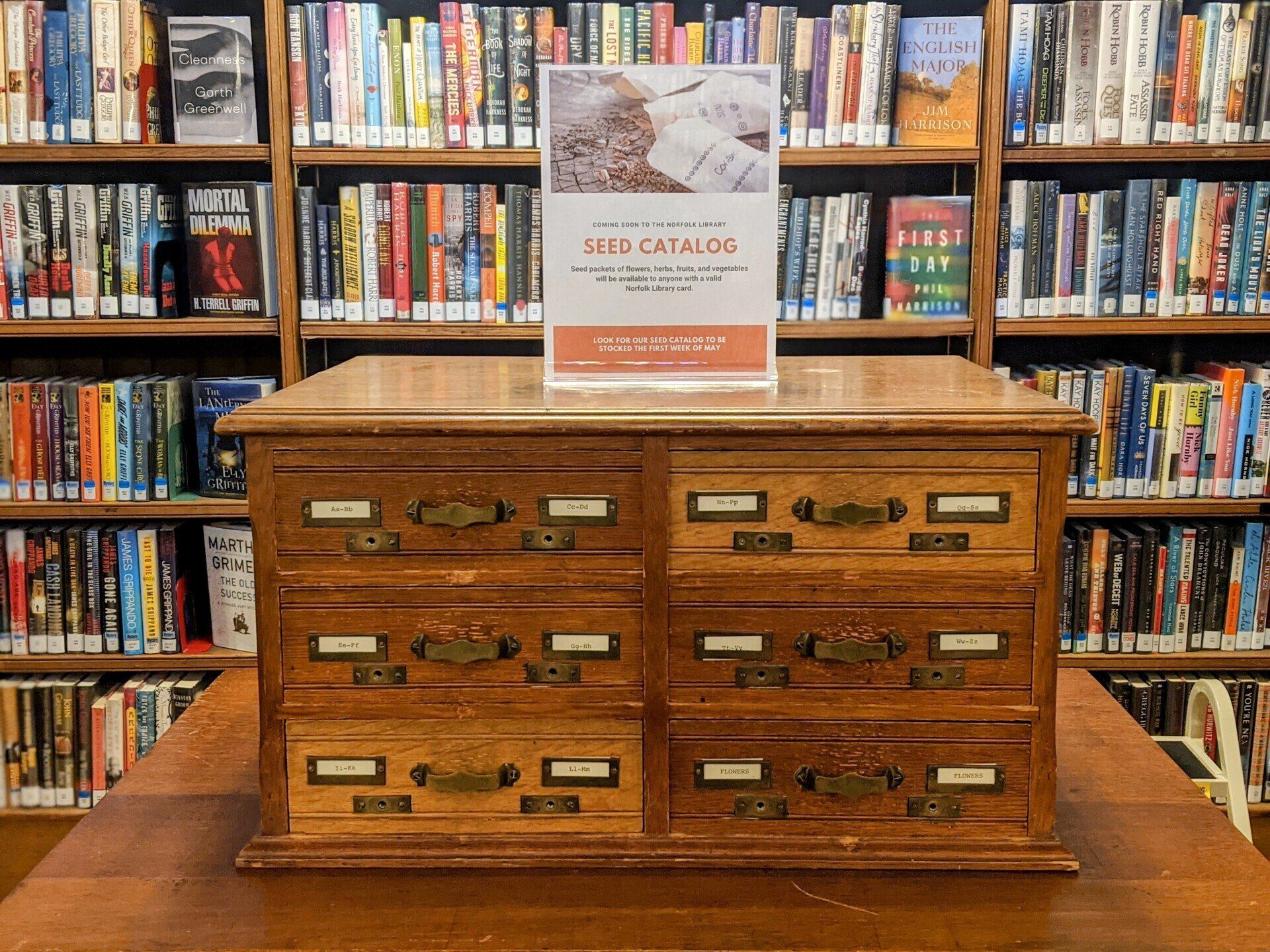
The card catalog, now seed library, at the Norfolk Library. Photo by Kelly Kandra Hughes.
At the Norfolk Library, this innovation comes from Ann Havemeyer, the Library Director, as part of a new program proposed by Kelly Kandra Hughes, the Community Engagement Coordinator at the Norfolk Library: a seed library. Hughes, noting seed library programs offered by other libraries, suggested the idea in 2020, but pandemic-related supply issues meant that many of the donation programs that larger seed vendors maintain were then inactive.
“Thankfully,” says Hughes, “the UCONN Extension in Litchfield made a generous donation of seed packets to us in the last week of April 2021.” This donation allowed the Norfolk Library’s seed library to get off the ground. When it did, the new program immediately attracted the interest of community members and library users.
A similar program exists at the Harwinton Public Library, where Lydia Smith, the Adult Services Librarian, began a seed library just a few years earlier in 2018. Pre-pandemic, they were able to secure donations from seed companies to start the program. They also partnered with a local member of the Master Gardener program to apply for a small grant to cover start-up costs.
These two programs in northwest Connecticut reflect a broader nationwide trend: libraries are at the forefront of the seed library and seed-saving movement.
Seed libraries, seed exchanges, and seed-saving groups are all focused on preserving and distributing flower and vegetable seeds for gardening. In addition to making gardening a more accessible hobby and encouraging community building and engagement, these programs can also help to preserve an area’s biodiversity.
According to writer Pria Graves in her piece “Endangered Foods,” modern industrial agriculture relies heavily on relatively few common cultivars of different vegetables for most vegetable production.
While highly productive, growing only a few varieties can make the food system more vulnerable to sudden environmental changes, such as blight or drought. A food system that relies on multiple varieties of each type of plant may find that some of those varieties are more resistant to dry weather or a certain fungus than others, reducing the damage caused by these factors.
Seed exchange movements help to make sure that less common plant varieties survive by encouraging people to save and share seeds from open-pollinated and heirloom varieties that may not be favored by larger farms. Programs like those at the Norfolk Library and the Harwinton Public Library also often partner with university programs to help educate local residents about food production, gardening, and sustainability.
Both seed library programs are open to the community: the Norfolk Library’s seed library requires patrons to have a Connecticut library card to take out seeds, and there is no requirement for using the Harwinton Public Library’s seed library.
Members of the community can support the seed libraries in a variety of ways. The Harwinton Public Library sometimes seeks volunteers to help with upkeep of the seed library, and both programs take seed donations from their communities. One of the easiest ways to support these programs is to simply let people know about it.
“No matter how much publicity we do,” says Hughes at the Norfolk Library, “it can be hard to get the word out about all our programs and services.” She encourages residents to spread the word about the seed library in a variety of ways. “They can send us progress photos so we can post their pictures on Instagram and Facebook, or they can tag us on their own social media posts.”
The seed libraries at the Harwinton Public Library and the Norfolk Library both tie into the broader educational and cultural missions of these organizations. Through this new use of their card catalogs, both organizations are planting the seeds of a flourishing and sustainable community in northwest Connecticut.
-
To learn more about the Norfolk Library’s seed library, visit their website here:
http://www.norfolklibrary.org/seed-library/.
To learn more about the Harwinton Public Library’s seed library, visit their website here:
https://www.harwintonlibrary.org/resources/seed-library/.
The Norfolk Library encourages people throughout the region to take part in No Mow May, a movement founded in the United Kingdom to help preserve pollinator habitat in the early spring. By leaving the lawn undisturbed throughout the month of May, residents can help to provide forage and habitat for early season pollinators. For this reason, the Norfolk Library has designated a portion of their lawn as pollinator habitat for No Mow May. To learn more about No Mow May, visit
https://beecityusa.org/no-mow-may/.
-
Sources
“Endangered Foods” by Pria Graves.
The Botanical Artist , Vol. 20, No. 3 (September 2014), p. 18.
https://www.jstor.org/stable/48502136
